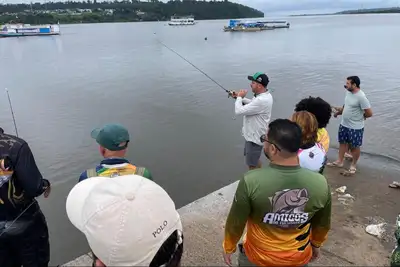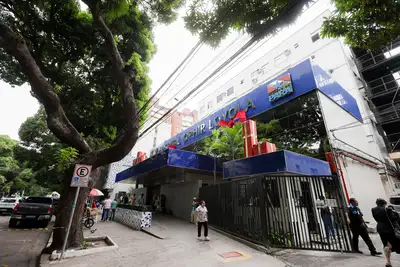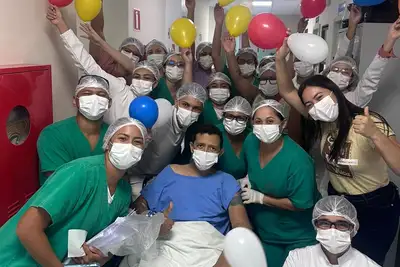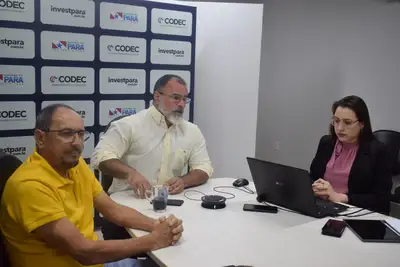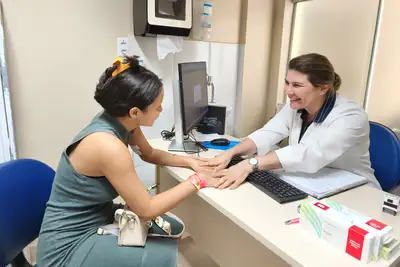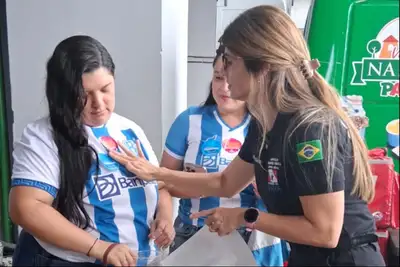Emater trains municipalities for environmental registration of rural properties
They receive expertise in environmental management from municipalities in the Rio Capim region, such as Aurora do Pará, Concórdia do Pará, Dom Eliseu, and Ipixuna do Pará
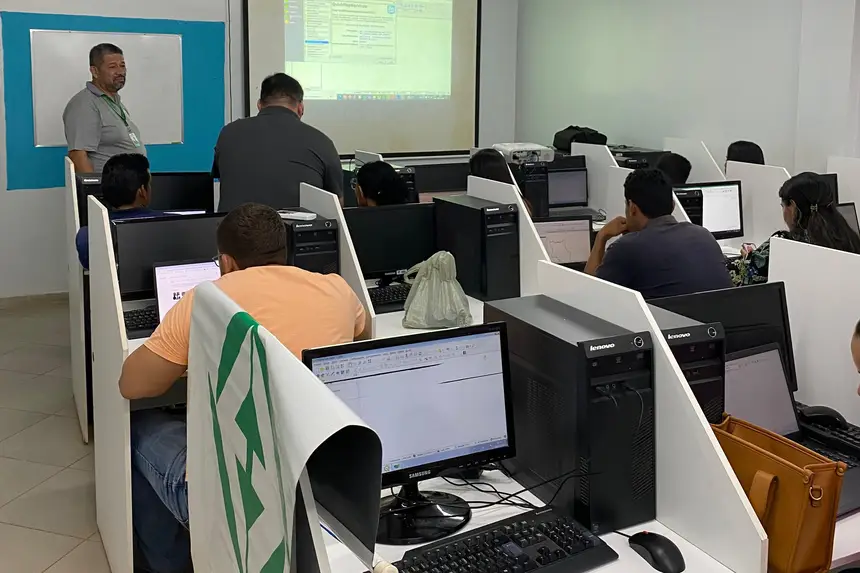
From Monday (7) to Friday (11), with the aim of integrating public policies, the Government of Pará, through the State of Pará Technical Assistance and Rural Extension Company (Emater), is sharing expertise in environmental management with nine municipalities in the Rio Capim region: Aurora do Pará, Concórdia do Pará, Dom Eliseu, Ipixuna do Pará, Irituia, Mãe-do-Rio, Paragominas, Ulianópolis, and Tomé-Açu.
Agronomist Wildson de Moraes, regional supervisor of Emater in São Miguel do Guamá, in the Guamá region, is leading the Training for the preparation of the Rural Environmental Registration (Car), organized by the Municipality of Ulianópolis. The action is a partnership between Emater and the Brazilian Service of Support for Micro and Small Enterprises (Sebrae) and takes place both at the Municipal Planning and Development Secretariat (Seplan), in the Caminho das Árvores neighborhood; and at the headquarters of the National Rural Learning System (Senar), in the Centro neighborhood.
Wildson de Moraes is a reference in the preparation of documents and presents technologies and information methods to 15 professionals from the municipal secretariats of Agriculture (Semagris). The course mainly includes agronomists and agricultural technicians.
The proposal is for municipal governments to also contribute to Emater in the issuance and validation of the electronic registration of family farming holdings and properties, of up to 220 hectares, and for the databases to be used in an associated manner for environmental monitoring and planning, including results of the recovery of degraded areas and combating deforestation.
"It is a training that encompasses targeted software and vector quantities, such as the size of properties and legal reserves - all within proprietary systems," summarizes Wildson de Moraes.
In addition to the Car, one of the goals of Emater's agroecological work in the Rio Capim highlights the implementation of Projects for the Restoration of Degraded or Altered Areas (Pradas) in areas harmed by the tradition of clearing vegetation and burning for cassava planting and pasture creation for livestock.
Text by Aline Miranda


